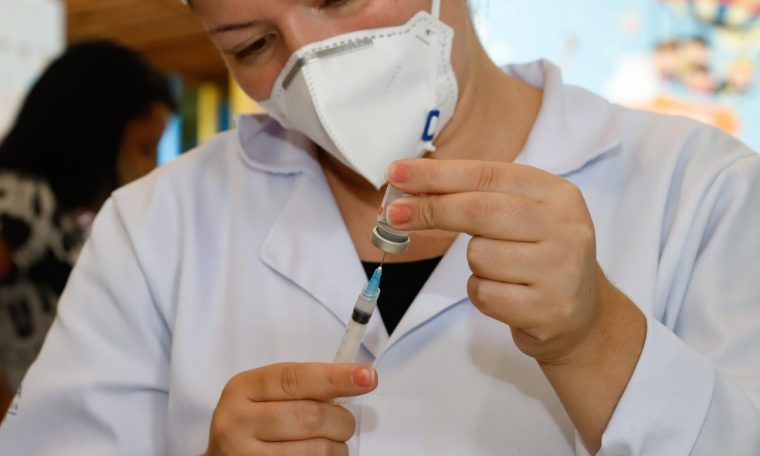
The SPRS (Society of Pediatrics of Rio Grande do Sul) received with optimism the announcement made by Anvisa (National Health Monitoring Agency), which authorized an emergency method. vaccination against covid-19 5 to 11 year olds.
The immunization agent used is from the Pfizer/BioNtech laboratory, which is already used by this public in other countries. Two doses will be required with an interval of three weeks between applications.
“Studies have shown that it is effective and safe in this group of children. There are no reports of significant or significant adverse events. Some conditions may always occur, such as possible fever, malaise, body aches or pain at the application site. Mild pain, but no serious cases have been reported. Because of the importance of individual and collective protection, vaccination is recommended”, said Juarez Cunha, a member of the SPRS Infectious Diseases Committee.
A basic care is to make it clear to the entire population that a vaccine given to children is not a vaccine given to adults.
“The vaccine that is available for adults in Brazil is not suitable for children. It’s not just a matter of dosage. The terminology is different and the range is different. This also causes different places to apply for children.” The idea is interesting because throughout the time children are being vaccinated, adults of different age groups will continue to be vaccinated. So the measure minimizes the potential for error”, says Juarez.
In addition to personal protection, as in the case of the Pfizer vaccine, vaccinating children between the ages of 5 and 11 will reduce the chance of infecting other family members, whether or not they are immunized. It also reduces the chances of infection in schools and other environments.
Doctors emphasize that apart from the vaccine being effective and safe, there are also recommendation criteria and which are observed by medical institutions.
Most importantly, despite knowing that Covid-19 affects other age groups more seriously, the disease causes more than 2,500 children’s deaths in Brazil.



